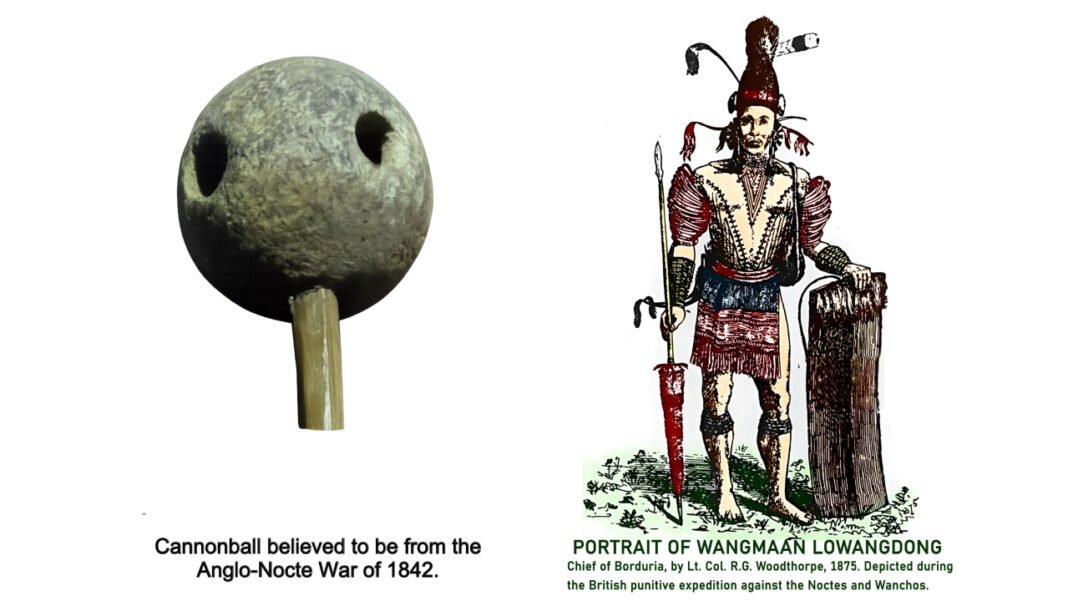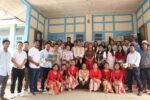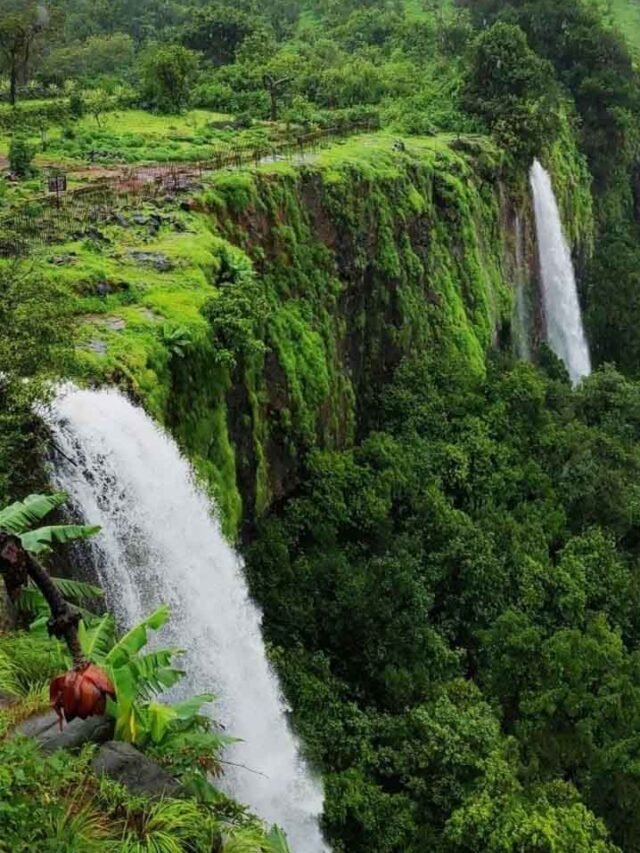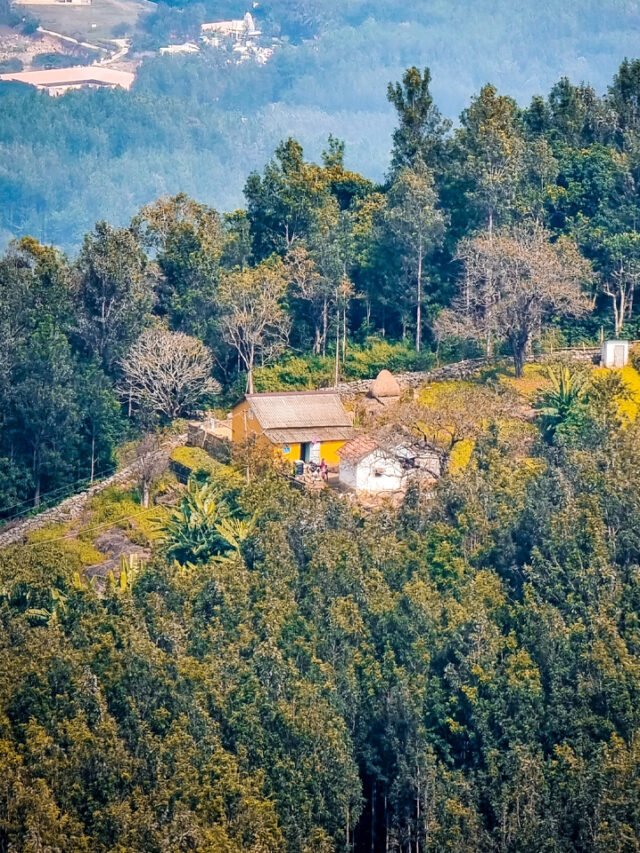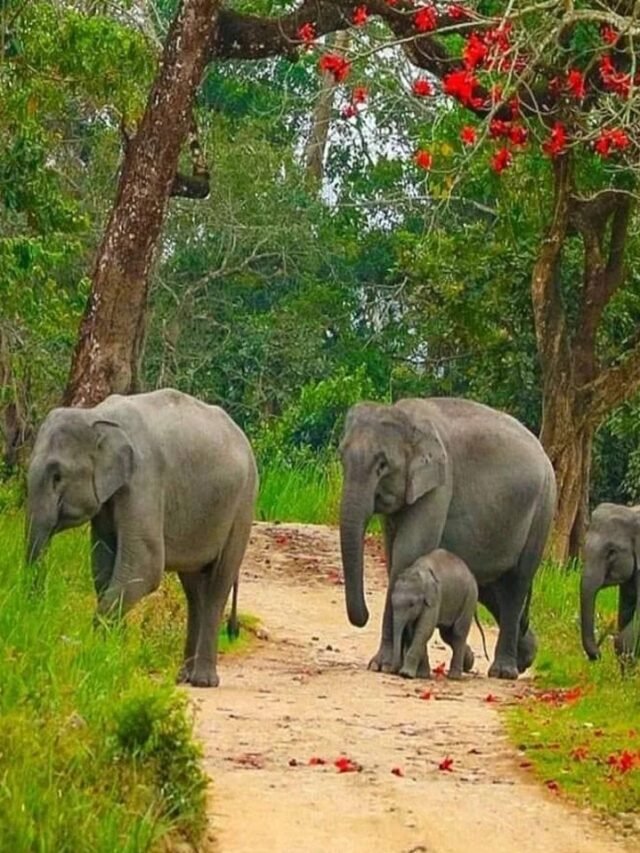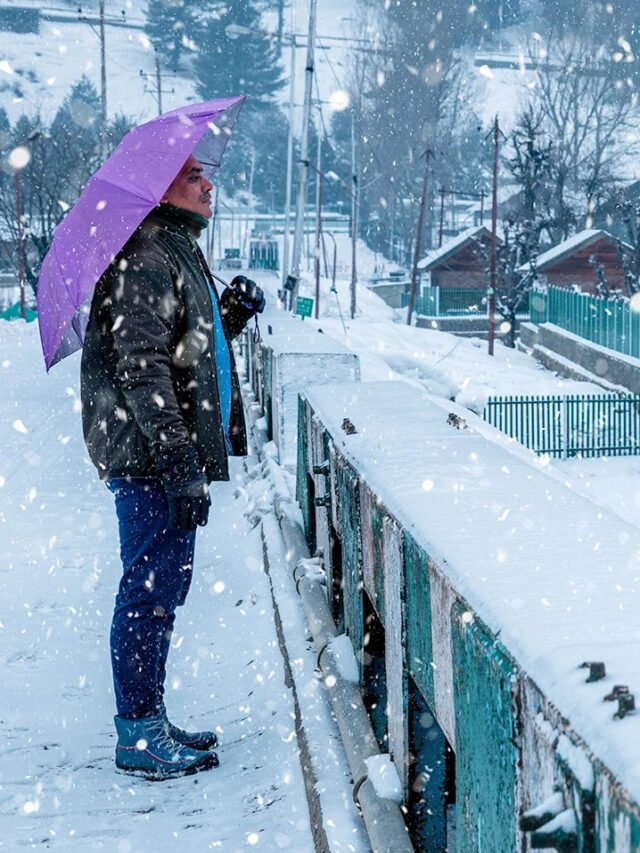HT Correspondent
ITANAGAR, June 28: In a significant move to honour the indigenous resistance against British colonial rule, the office of the Deputy Commissioner, Tirap district, has formally recognised the contributions of two revered Nocte leaders—Wangto Lowang, the then Chief of Kheti village, and Wangmaan Lowangdong, the then Chief of Borduria village.
According to an official statement, both leaders played decisive roles in two separate uprisings during the 19th century that resisted British expansion into their territories, now part of modern-day Arunachal Pradesh.
The statement documents the events of the Anglo-Nocte War of 1842, which was spearheaded by Wangto Lowang.
This armed resistance began on November 25, 1842, when Captain J Brodie, Sub-Assistant of Sibsagar, Assam, led a contingent of British forces toward Kheti in an attempt to assert colonial authority over Wangto’s autonomous domain.
The ensuing confrontation saw the death of one British soldier and injuries to four others, forcing the British detachment to retreat.
In retaliation, a larger punitive expedition was mounted by the British under the leadership of Captain Brodie, Captain S F Hannay, Lieutenant Rowlatt, and Lieutenant Reid.
This combined force, composed of detachments from the Assam Light Infantry Battalion, the 2nd Sebundies, and the Local Artillery Company, launched an attack on Kheti on December 23, 1842.
Despite a fierce and courageous resistance by Wangto Lowang and his villagers, the vastly superior British force eventually overpowered them.
The villagers were forced to abandon Kheti, which was subsequently burned down.
To reinforce British control and suppress further resistance, an army outpost was established at the neighbouring village of Khela.
The first Anglo-Nocte War thus concluded on December 29, 1842, leaving behind a legacy of unyielding indigenous defiance.
Equally significant was the Nocte resistance led by Wangmaan Lowangdong in 1875.
The conflict had its roots in August 1874, when Colonel R.H. Keatinge, the first Chief Commissioner of British Assam, issued a notice announcing the British intent to annex the tea gardens of Namsang and Hukanjuri, along with the land between them.
Lieutenant Holcombe, Assistant Commissioner of Jeypore, Assam, conveyed the notice to Wangmaan, warning him against retaliation and pointing out the vulnerability of Borduria village to British attacks.
Faced with the threat of British aggression but unwilling to expose his people to direct conflict, Wangmaan orchestrated a covert form of resistance.
He pressured the Chief of Ninu village and allied leaders to ambush and kill Lieutenant Holcombe and his survey team by threatening to cut off essential salt supplies and block a crucial trade route to Assam.
The killing of Holcombe sparked the Anglo-Wancho War of 1875.
Following a detailed investigation, C U Aitchison, Secretary to the Government of British India, concluded that Wangmaan had masterminded the incident and had a central role in directing the course of the conflict.
As a result, on May 18, 1875, the British annexed the contested tea gardens and the surrounding land.
Wangmaan was ordered to recover and hand over all arms lost in the battle at Ninu and to apprehend at least one fugitive involved in the attack.
The official recognition of these acts of resistance was made possible through archival research conducted by Wangtum H Lowang, Director of Nocte Digest and Member Secretary of the Sub-Committee on Unsung Heroes of Arunachal Pradesh since 2021.
Drawing upon records from the National Archives of India in New Delhi, Lowang presented substantial historical evidence that formed the basis of the acknowledgment.
Commenting on the announcement, Techu Aran, Deputy Commissioner of Tirap district, stated that these events encapsulate not only the bravery of individual leaders but also the collective spirit of the Nocte people in their fight against colonial domination.
He emphasised that these legacies will now be formally recorded, respected, and made accessible for educational, commemorative, and cultural purposes.
As part of this historic recognition, the names and contributions of Wangto Lowang and Wangmaan Lowangdong will be included in the official district archives.
All government departments and educational institutions in the district have been advised to actively participate in preserving and promoting this important chapter of regional history.
The acknowledgment stands as a tribute to indigenous valor and a step toward correcting historical omissions in the narrative of India’s freedom struggle.


